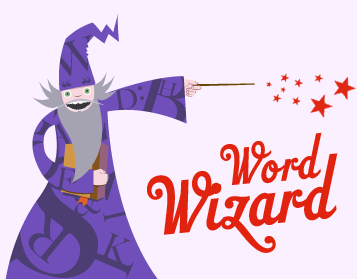Are we really in the lap of luxury?
Posted: 8th Oct 2014
AS IS CUSTOMARY for me when making a point about the power of language, I’d like to start with a dictionary definition, paraphrased from the Collins Dictionary of English:
“Luxury (noun) – indulgence in and enjoyment of rich, comfortable and sumptuous living; something that is considered an indulgence rather than a necessity. Also a modifier (ie, luxury yacht)”
Pretty much everyone in Great Britain lives in some semblance of luxury if we apply the notion of comfort relative to the world as a whole. Even poorer people here tend to have a roof over their heads and access to food – along with commodities that would seem in other parts of the world to be an indulgence.
But in marketing terms, ‘luxury’ is not referring to this kind of comfort. Luxury is being peddled on a widespread basis to consumers as a little extra, something perhaps they don’t yet have but should. Something they can afford but believed they could not. Often the campaigns that use words like luxury involve other attempts at temptation, using words like ‘deserve’, ‘naughty’ and ‘treat’.
Now I’d like you to think about how often and in which situations you might commonly see the word luxury used. If you’re anything like me, you’ll have seen it on billboards advertising package holidays and high street clothes; you’ll have read it on countless hoardings to promote a new development of matchbox-sized houses and flats; you will almost certainly have heard it repeated in adverts on the TV, usually in relation to some generic bathing products or a cheap yoghurt.
In this context, how do consumers retain the ability to spot luxury when something is merely ‘good’ or ‘nice’? Will people eventually grow tired of marketeers telling them that a dollop of chocolate flavoured milk pudding is the height of luxury when they know full well it’s just a welcome comforter at the end of a bad day? Has the word’s meaning been lessened, and are consumers knowingly complicit because it makes them feel better to believe they are better off? I think the extent to which the word luxury is used is so ubiquitous as to render it an expectation or a right. Luxury as a concept then becomes commonplace – which is absurd, because by the very nature of its meaning, luxury cannot be so.
Compare overuse of the word luxury (and the related ‘luxurious’) in the mainstream with the actual luxury brands market. High-end products and their marketing teams very rarely use the word luxury at all. Instead, they employ a whole range of other marketing conventions to sell their products. Words will be used sparingly, perhaps even just the name of the brand itself. They are likely to sell the brand by using a very famous face, often without promoting a specific product. They are unlikely to show prices. Photography will be of the highest order, with perfect lighting and flawless post-production. Products themselves come in boxes and bags that are sumptuous to the touch.
Someone can see a high-end marketing campaign and immediately know its aim is to show you what luxury looks like. But it generally won’t tell you it’s luxurious. This subtlety is used not only to market high-end fashion, but also real estate, vehicles and holidays.
If people understand the conventions of exclusivity in marketing, it then follows that shoppers also understand the selling of false luxury as aspiration – be it a fat-free yoghurt or a new sofa they don’t actually have to pay for until the stuffing is oozing out of its fraying seams.
The problem with the retail sector is that its success is built on a constant round of consumption. It provides a huge swathe of jobs that the UK cannot afford for people to lose. So if the peddling of aspiration is what it takes to keep retail rolling in an uncertain economy, we’ll be hearing a lot more about false luxuries yet.
